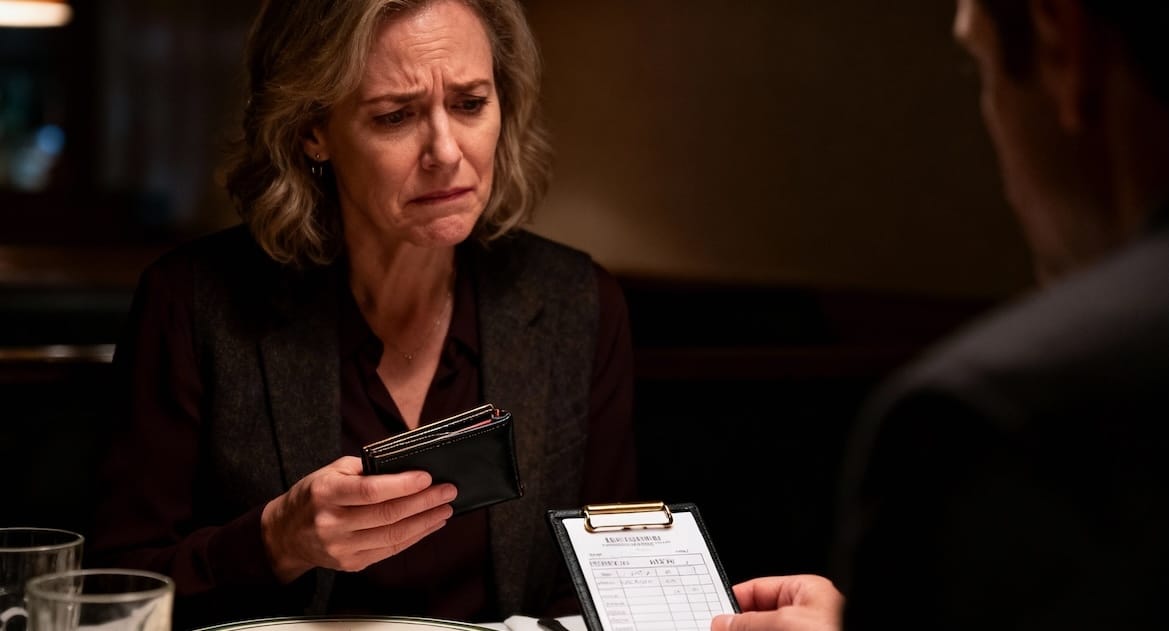Imagine you’ve just finished an incredible $200 dinner. Now it’s time to pay. You can use cash, credit card, or loyalty points. Almost everyone agrees that handing over cash feels worse. But why? You knew the prices before you ordered. Nothing about the meal changed. So what makes cash so much more painful at the end of a great meal?
The answer lies in the timing of the transaction. When payment happens right alongside pleasure — when you’re literally watching your money disappear bite by bite — it hurts more.
Behavioral economist Dan Ariely, who coined the term “the pain of paying,” illustrates this with a brilliant thought experiment. Imagine a restaurant that charges you 50 cents per bite. You take a bite, the server makes a tick on their notepad, and so on until you’re done. Technically, you’re paying less — but how much would you enjoy that meal? Not much.
In fact, when Ariely tested this with his Duke University students — charging them 25 cents per bite of pizza — they started taking comically large bites to get their “money’s worth.” The result? They paid less, but enjoyed it far less.
His takeaway is simple but powerful: when payment and pleasure happen at the same time, payment dulls pleasure. When we separate them — by paying in advance or using something abstract like a credit card — the psychological pain fades.
The less we feel like we’re paying, the more we can enjoy the experience.
The Science Behind the Sting
Neuroscience backs this up. When we spend money, the same brain region that processes physical pain — the insula — lights up. The more aware we are of the transaction, the more we feel that sting.
The pain of paying peaks when payment and pleasure collide — when we’re still savoring the experience but suddenly reminded of the cost.
Paying with cash: high salience = high pain.
Paying digitally or in advance: less salience = less pain.
Paying with points or gift cards: no pain = all enjoyment.
Paying per bite: maximum pain, minimum joy.
The secret isn’t tricking guests into spending more — it’s designing the experience so that payment feels like part of the pleasure, not the penalty. Here are three simple ways to do that:
Strategy #1: Make Payment Invisible
Every touchpoint matters. The less friction in the payment process, the less mental energy guests spend on cost.
QR code menus with stored cards.
“Pay at the table” devices that let guests tap and go.
Room-charging for hotel dining.
When payment is fast, fluid, and nearly invisible, guests remember the flavor, not the figure.
Strategy #2: Use Mental Accounting to Your Advantage
Gift cards, dining credits, and loyalty points shift money into a separate mental account. Once funds are “earmarked,” they no longer feel like real money.
That’s why a $100 gift card gets spent more freely than $100 in cash. Guests move from “Can I afford this?” to “What can I enjoy with this?”
It’s not deception — it’s neuroscience. You’re changing the mental frame from cost to comfort.
Strategy #3: Sweeten the Moment of the Bill
This is where psychology meets hospitality artistry. The final moment shapes the entire memory of the experience — a classic example of the Peak-End Rule.
Pair the check with a mini dessert bite, mint, or handwritten thank-you.
Train servers to frame the farewell with warmth: “We loved having you tonight.”
When you anchor payment to gratitude and pleasure, you rewrite the guest’s memory of spending into one of satisfaction and human connection.
The Encore Effect
When guests leave feeling valued and uplifted — not nickel-and-dimed — you don’t just reduce the pain of paying.
You create neural harmony: dopamine for delight, oxytocin for connection, and serotonin for satisfaction.
That’s what transforms a transaction into an encore.
So don’t end the experience with pain. End it with pleasure!
Because exceptional hospitality doesn’t happen by accident — it happens by science.
Dr. Melissa Hughes is a dynamic keynote speaker and author who brings brain science to life with contagious energy, humor, and heart. Her programs spark mindset shifts, ignite engagement, and inspire teams to deliver experiences that truly rock.
If you want to dig into the science behind exceptional hospitality experiences, Melissa is gifting the digital edition of her new book, Backstage Pass: The Science Behind Hospitality That Rocks, to Branded friends and readers. Enter promo code BRANDED to download your free copy today.


